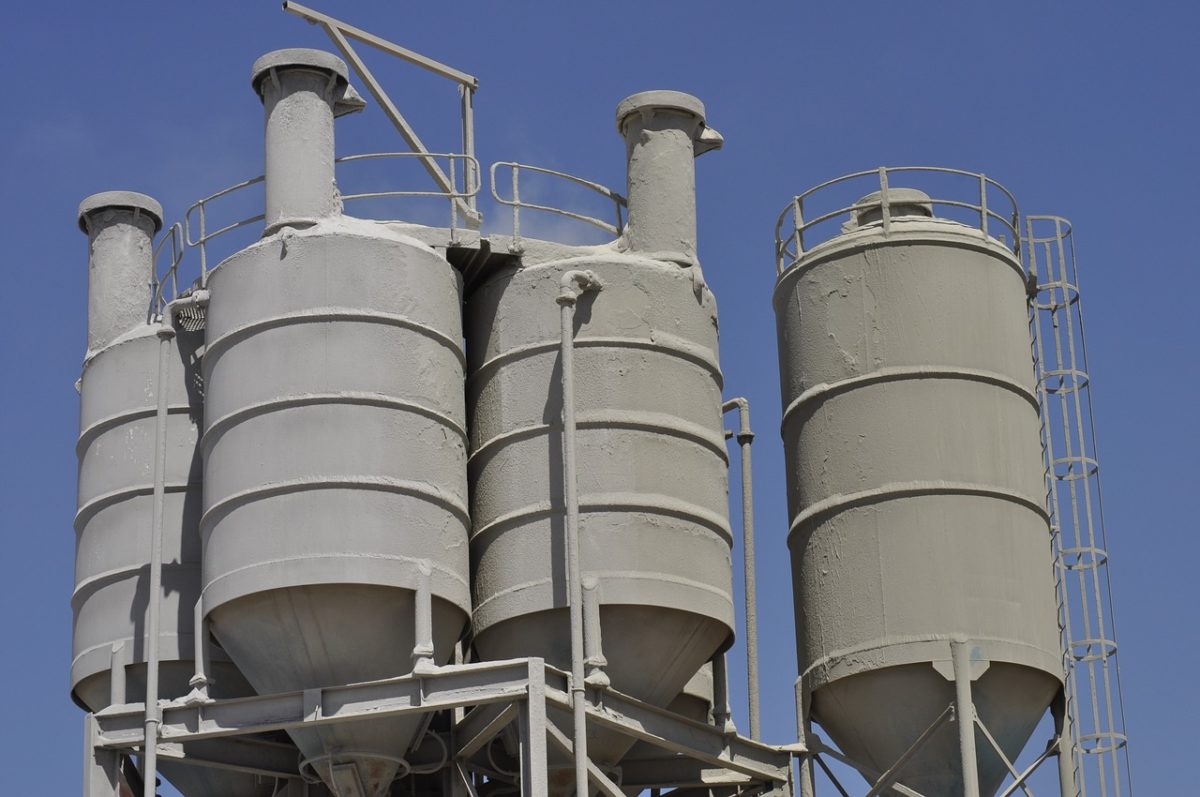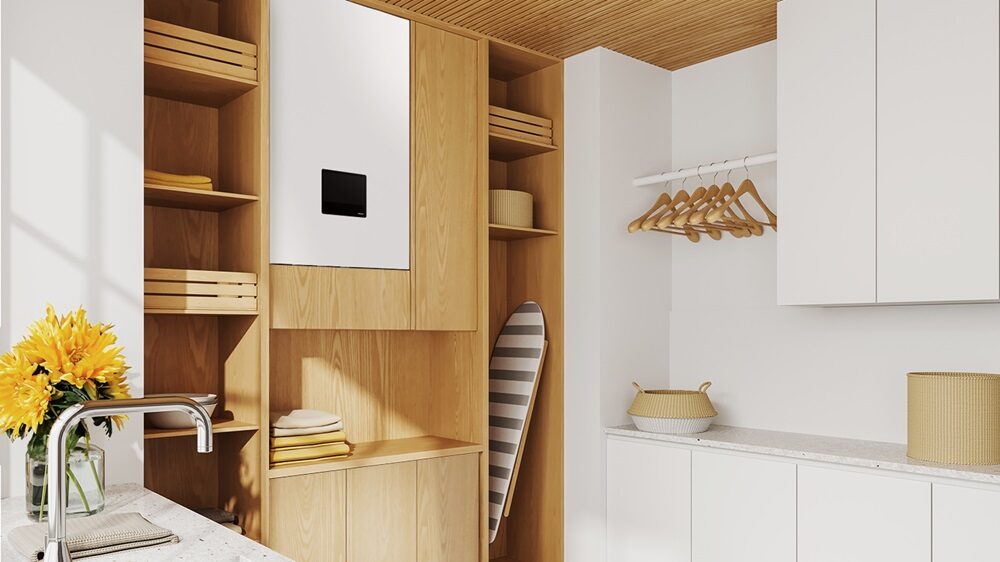Size matters and, in relative terms at least, the 8 MW solar project developed in Cyprus could be considered a beast.
The solar plant owned by the Vassiliko Cement Works Company Ltd is around 8km from the Nicosia-based business’ factory in Amalas and will supply around 10% of the cement factory’s annual electricity without public subsidy.
Cyprus’ subsidy-free sector kicks off
pv magazine has previously reported on Cyprus’ subsidy-free policy, which provides that electricity generated by such facilities is bought by the Electricity Authority of Cyprus (EAC) at the ‘cost avoidance rate’ represented by the average price it would pay for electricity generated from fossil fuels. That rate was high at the time of publication but investors bear the risk of a volatile wholesale energy price.
Cyprus aims to generate 13% of its energy from renewables this year as part of an ambition encompassing transport and space heating and cooling as well as electricity. The nation has already achieved that target in 2018 and last year, thanks to the contribution of solar thermal and heat pump systems for heating and cooling.
The power sector ambition to secure 16% of electricity from clean energy sources this year is some way off, with the figure sitting at around 10% with less than 10 months to go.
With that in mind, the Cypriot government is keen to add around 120 MW of subsidy-free solar generation capacity, up from the current 26 MW which includes the Vassiliko Cement Works plant, an EAC spokesperson told pv magazine.
A spokesman for the Cyprus Energy Regulatory Authority said the progress made thus far was impressive given the policy was only recently finalized. Developers who aimed to build subsidy-free renewables facilities had to submit applications by April 30, 2018 and the first wave of installations started last summer.
Project specifics
A press release issued by the Vassiliko Cement Works Company stated its solar project’s “overall cost for licensing, construction and connection to the grid amounted to approximately €6.5 million”. A spokeswoman for the firm told pv magazine the project was fully financed with a bank loan.
The cement company secured a construction permit in April and started construction the same month with the project completed last month, the spokeswoman added. London-based Sunel provided engineering, procurement and construction services for the plant, which uses panels made by Chinese manufacturer Upsolar.
Policy innovation
Cyprus was one of the first EU member states to move from fixed feed-in tariff payments to a solar project procurement model based on competitive tendering, in 2013.
The nation’s net metering and net billing regimes have driven rooftop solar, with a 2.5 MW net-billed system that is the largest PV rooftop in Cyprus to date installed last last year. Innovations related to energy storage and blockchain systems are also under development.
Despite such progress, however, Cyprus still has only around 170 MW of installed solar generation capacity and relies predominantly on imports of expensive diesel and gas to generate its electricity despite being one of the most sun-drenched EU member states.
This content is protected by copyright and may not be reused. If you want to cooperate with us and would like to reuse some of our content, please contact: editors@pv-magazine.com.



By submitting this form you agree to pv magazine using your data for the purposes of publishing your comment.
Your personal data will only be disclosed or otherwise transmitted to third parties for the purposes of spam filtering or if this is necessary for technical maintenance of the website. Any other transfer to third parties will not take place unless this is justified on the basis of applicable data protection regulations or if pv magazine is legally obliged to do so.
You may revoke this consent at any time with effect for the future, in which case your personal data will be deleted immediately. Otherwise, your data will be deleted if pv magazine has processed your request or the purpose of data storage is fulfilled.
Further information on data privacy can be found in our Data Protection Policy.